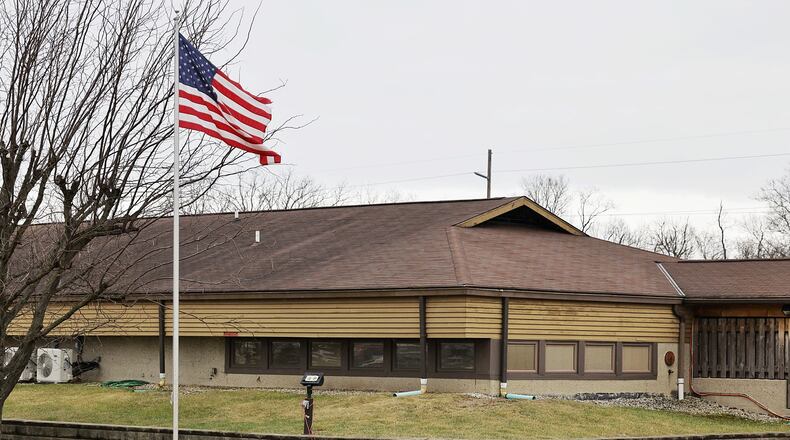The debate over dispatch fees had been festering for years, and last year was the first year six jurisdictions that have their own cop shops but use the sheriff’s dispatching services had to pay a total of $379,239 based on the number of 911 calls. The first monthly bills have gone out for this year and a total of $349,757 is collectively owed by Fairfield Twp., MetroParks, New Miami, Oxford and Ross townships and Seven Mile.
The smaller jurisdictions balked at the added expense. The Ross Twp. trustees even considered suing the sheriff over the fees and had an attorney discuss the matter with the Butler County Prosecutor’s Office. Retired trustee Board President Ellen Yordy told the Journal-News back then they were told the sheriff is well within his rights to charge the fees, so their attorney came back and said, “is it even worth it?”
“Everybody has just kind of moved on...,” Butler County Chief Deputy Anthony Dwyer said. “It’s kind of run its course, I still had some conversations at the end of last year, but it wasn’t with the same passion, they kind of like get it now and understand it.”
Fairfield, Middletown, Monroe, Trenton and West Chester Twp. have their own dispatch centers. Liberty Twp. pays the sheriff’s office about $3 million a year to have their own dedicated sheriff’s outpost and dispatch services are included. Hanover Twp. also has a contract with the sheriff for two dedicated deputies.
Hamilton and Oxford have their own police departments but began paying around $1.15 million and $366,319 respectively for the service several years ago. Their bills for this year, based on negotiated contracts are $1.22 million and $287,722 respectively.
The other smaller townships and villages count on the sheriff to respond to law enforcement emergencies in their areas. Dwyer has said these six entities have made a choice to provide enhanced police service to their communities and with that comes a cost. He said there is a difference between charging to dispatch other people’s employees and sending the sheriff’s own people out for emergencies.
New Miami’s bill this year dropped $13,543 from $47,524 last year. Mayor Stephanie Chandler said the reduction — their police force is so depleted, service calls are down — was welcome, but the expense is still tough to absorb when the village’s police levy only brings in about $85,000 annually.
“We’ve figured it into the budget,” Chandler said, adding since voters denied their request for a new levy last November, “we had to cut a lot of the budget, we had to cut it down to a bare minimum.”
There’s a new twist on dispatch fees this year, the sheriff is now dispatching Monroe’s fire calls and charging an estimated $57,383 for the service, according to Dwyer. The city signed a memorandum of understanding with the county commissioners recently and he said a similar agreement is in the works with Trenton.
Both of those cities have secondary dispatch centers that don’t receive calls directly from the 911 system, the calls come into the sheriff where they were routed back to those cities for dispatching. The police calls will still go back to Monroe but the sheriff is going to handle fire dispatching now.
Monroe City Manager Bill Brock said this “cuts out the middle man” which is a good thing, plus they don’t have dedicated staff to deal with 911 medical emergencies so this will eliminate calls bouncing back and forth.
“In emergency situations fire and EMS every second counts, “Brock said. “So we’re just making sure we’re making sure we’re getting those calls through and those individuals dispatched as quickly as possible.”
He said they are not considering turning the whole the dispatch over to the sheriff right now, “nothing that’s bubbled up, nothing that there’s a need there.”
About the Author

